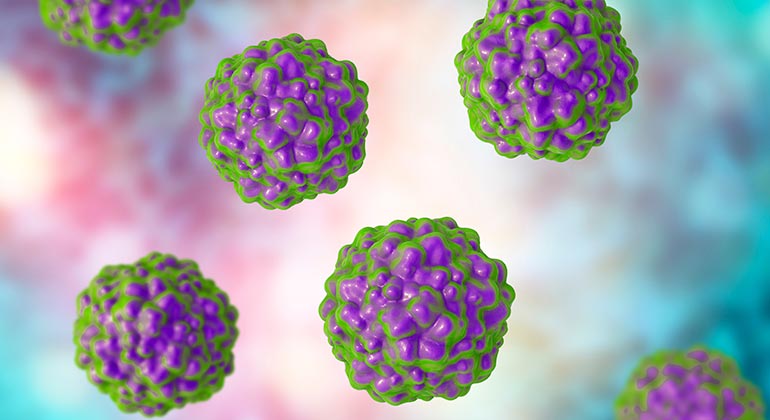
Transplant Infectious Disease

Transplant patients are particularly susceptible to infection. In order to prevent rejection, many patients take medications that suppress the immune system and increase the risk of infection. Monitoring by our infectious disease specialists, specific protocols, and access to the latest research help reduce the risk for patients under our care.
Consultative Services
The Mount Sinai Transplant Infectious Diseases (ID) Program is dedicated to the prevention and management of all infectious diseases in solid organ and bone marrow transplant recipients. With a collaborative clinical and academic relationship with the Recanati-Miller Transplantation Institute and the Bone Marrow and Stem Cell Transplantation Program, the Transplant Infectious Diseases Program at Mount Sinai is dedicated to providing the following services:
- Collaboration with each individual transplant program in order to provide excellent clinical care in both the inpatient and outpatient setting
- Providing educational support for each transplant program to ensure that the clinical protocols are standard of care and that physicians are well trained
- Providing the expertise to develop guidelines for the prevention and management of infections for each transplant program to minimize infection-related morbidity and mortality
- Developing clinical research initiatives in collaboration with each transplant program to advance the field and improve care for our patients
Clinical Services
The Transplant Infectious Diseases Consult Service is staffed by one faculty member and one infectious diseases fellow at all times and provides inpatient consultation and follow-up for all patients with suspected or confirmed infections on the following services:
- Liver medicine and transplants
- Kidney-pancreas transplant
- Intestinal transplant
- Lung transplant
- Heart transplant
- Hepatobiliary service
- Bone marrow transplant
We provide approximately 800 consultations every year, and 15 to 20 inpatients are followed by our service on a daily basis. We also assist with the management of outpatients with infectious diseases issues. Formal outpatient ID consultation is provided on Monday mornings.
The program is also dedicated to a research program with active or upcoming projects in the following areas:
- Surveillance of invasive fungal infections
- Solid organ transplantation in HIV-infected patients
- Prevention of cytomegalovirus (CMV) following liver transplantation
- Treatment of proven and probable invasive aspergillosis
- Treatment and prevention of influenza in solid organ transplant recipients